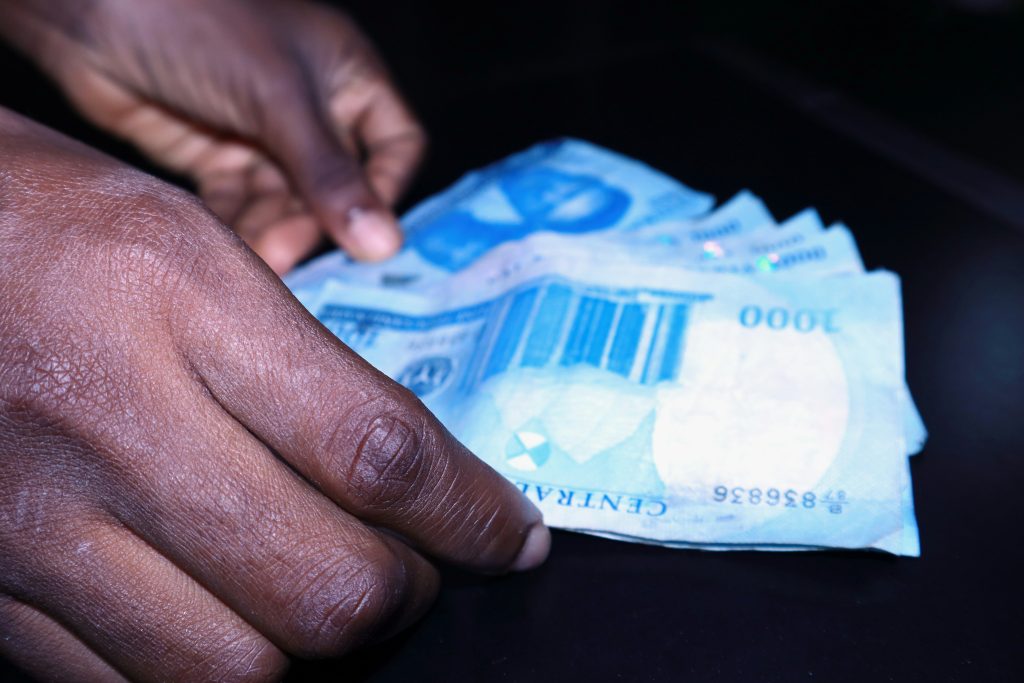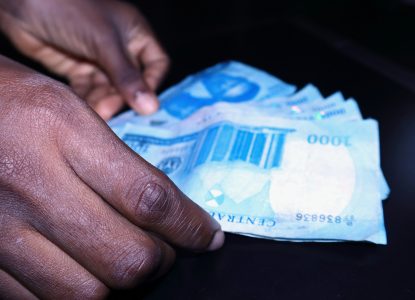By Marianna Richardson, Director of Communications for the G20 Interfaith Forum
– – –
This blog is part 2 of a 5-part series, exploring IF20’s five Priority Areas looking forward to the G20 Interfaith Forum in Cape Town, August 2025.
Fiscal and debt crises—especially acute across Africa—are undermining efforts to alleviate poverty, combat climate change, and deliver essential public services. From education and health care to water access and disaster response, governments are constrained by mounting debt burdens and shrinking fiscal space. These challenges are not merely economic; they are deeply moral and spiritual, prompting religious communities to frame 2025 as a Jubilee year—a time for renewal, justice, and liberation.
The Problem
Debt distress is not confined to low-income nations. Middle-income countries such as Ghana, Zambia, and the Republic of the Congo are also grappling with unsustainable debt levels.² The causes are complex: commercial borrowing at high interest rates, exposure to external shocks, and limited access to concessional finance. The consequences are devastating—rising poverty, stalled development, and eroded public trust.
The Jubilee tradition, rooted in biblical teachings, calls for the forgiveness of debts and restoration of equity. Pope Francis has championed this vision, commissioning the Jubilee Report to address the global debt and development crisis. The report warns that many nations are defaulting not just financially, but socially—sacrificing investments in human development to meet creditor demands. In Africa, over half the population lives in countries that spend more on debt service than on education or health care, a stark indictment of global financial priorities.¹
Yet 2025 offers a unique opportunity for transformation. The United Nations’ Financing for Development conference in Seville, the African Union’s declaration of a Year of Reparations, and the Vatican’s Jubilee campaign converge to demand systemic reform.³ Religious leaders and economists alike are calling for debt cancellation, fair lending practices, and a reimagined global financial architecture that prioritizes people over profits.

Solutions
Mobilizing public finance—both nationally and multilaterally—is essential. Domestic strategies must include broadening tax bases, improving expenditure efficiency, and investing in sustainable infrastructure. Internationally, reforms to institutions like the IMF and World Bank are needed to ensure equitable access to finance and responsible debt restructuring.⁴
Crucially, debt relief alone is not enough. Long-term solutions require structural change: land reform, gender equity, fair trade, and climate justice. Religious communities emphasize that economic action must serve human flourishing. As the Jubilee Report affirms, “Global finance must serve people and the planet—not punish the poorest to protect profits.”⁵
G20 Interfaith Forum Priority
For G20 Interfaith Forum (IF20), the need for economic and financial action is a priority issue to be discussed at the Forum in Cape Town, South Africa on August 11-14. There will be a plenary session on action imperatives and realities of finance and debt. Africa’s most urgent priorities include financial sustainability, debt action, and climate finance. The speakers will focus on interfaith recommendations on the G20’s responsibility to establish a global financial architecture. The G20 Interfaith Forum’s primary goal and priority is to support the world’s most vulnerable communities, an imperative shared by diverse religious communities around the world. South Africa’s G20 agenda, the global agendas for the Sustainable Development Goals (SDGs), and Africa 2063 (African Union) echo this critical attention to address national development strategies for all countries.
A breakout session will focus on 2025 as a Jubilee Year and the principles of equity in the architecture of finance. Action to address solidarity, equality, and sustainability (South Africa’s G20 themes) demand political will, resources, and creative partnerships. The Catholic Church’s urgent call to unity and action during the Jubilee year 2025 highlights the links among the three imperatives. The session will focus on alliances and actions that the Jubilee call has engaged, with a focus on how resources relate to priorities for the G20 Summit and community. This plenary and breakout session will be available to view on our YouTube channel (https://www.youtube.com/@g20interfaith89) after September 1.
The Jubilee year is more than symbolic. It is a clarion call to confront the systems that perpetuate inequality and to build a future rooted in solidarity, sustainability, and hope. Economic and financial action in 2025 must rise to this challenge—not just to stabilize debt, but to restore dignity.
– – –
Marianna Richardson is the Director of Communications for the G20 Interfaith Forum. She is also an adjunct professor at the Marriott School of Business at Brigham Young University.
—
Notes:
¹ Pontifical Academy of Social Sciences, The Jubilee Report: A Blueprint for Tackling the Debt and Development Crises, June 2025.
² Maureen Were, “Sub-Saharan Africa Faces an Alarming Debt Burden,” UNU-WIDER, October 2024.
³ Arthur Larok, “Why 2025 Could Be a Turning Point in Africa’s Debt Emergency,” African Arguments, February 2025.
⁴ IMF, “How to Stabilize Africa’s Debt,” July 2025.
⁵ ACI Africa, “Vatican Backs Report Calling for Financial Reforms,” June 2025.


